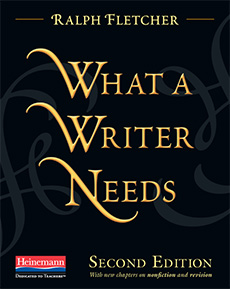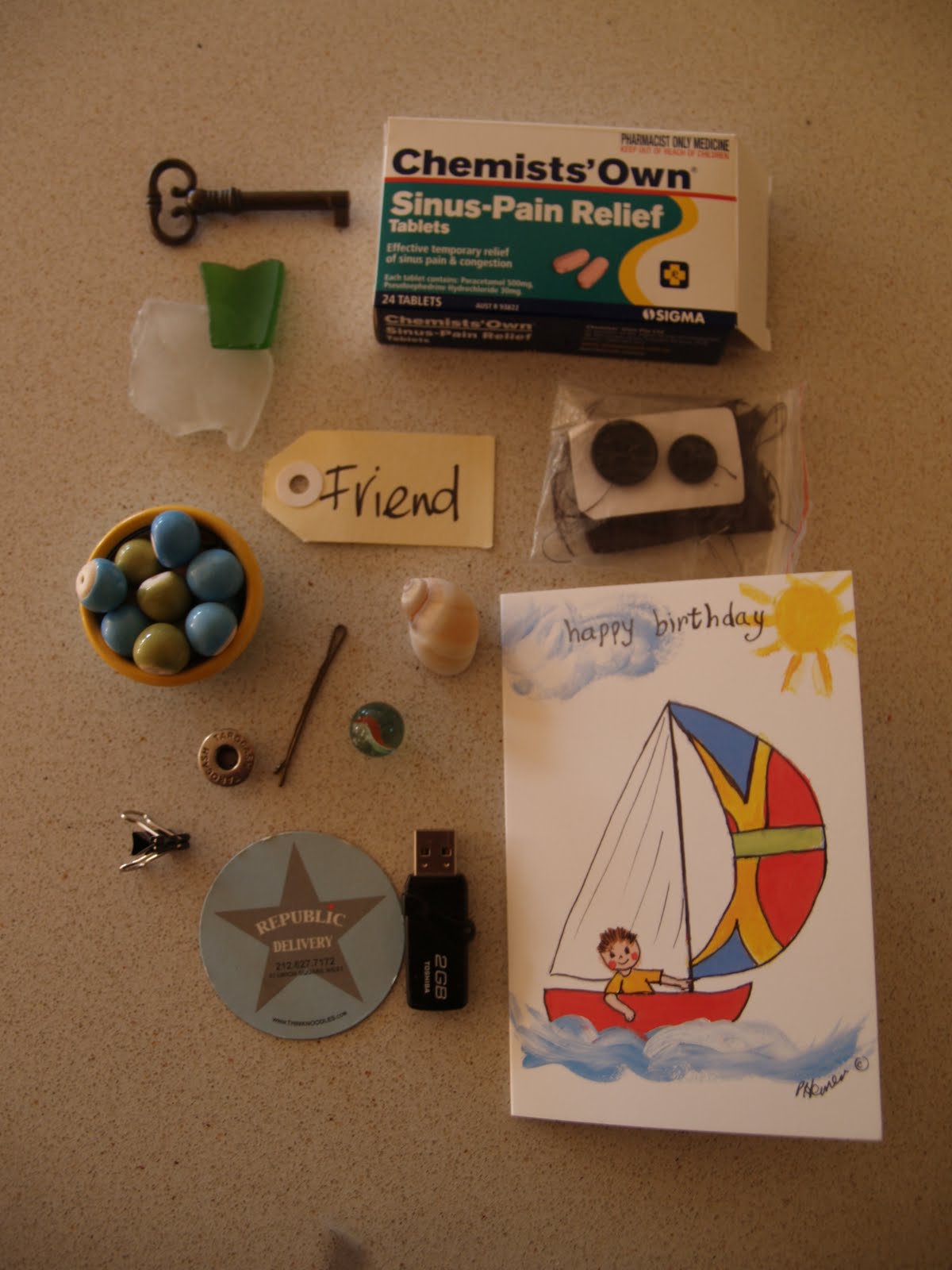Growing As Writers -Students AND Teachers Alike
Sometimes it is not just the students who are inexperienced writers. Even teachers who accept that they must endeavour to provide a model of a writer for their students, may present as someone who has not written all that extensively in the past.
Like their students, a teacher may be inexperienced in the ways of writing, having little or no prior knowledge of writer's notebook or how to maintain them as a writing resource.
'What exactly do I write about?' they sometimes ask, before expressing concerns as to where they might begin.
Well, we learn best when we initiate our own learning. If we set about some professional reading, it serves to re-assures us as learners while building our knowledge base. We are essentially reading what we are trying to write. The books displayed(below)would make an excellent starting point in attaining a deeper understanding of writing, -plus the notebook as a writing tool.
All the things we want student writers to be: readers, thinkers, observers, explorers, risk takers, collectors - we must strive to be! If you’re not a confident writer, or have limited understanding of how to use a writer’s notebook, take the opportunity to learn alongside your student writers. Join them in the learning journey. Leave the safe harbor and take the risk of allowing yourself to discover and grow.
We must become advocates for both reading and writing if we want students to willingly engage in such acts. Share frequently your new discoveries, your challenges, your wonderings. It all matters...
Once you begin to add a few entries to your notebook, you are ready to share with your student writers.
By sharing your own writer’s notebook, students have an example to follow. They may even use some of the ideas sighted in your notebook to spark writing ideas of their own.
‘So tell me, what did you notice when you were looking at my notebook?
Hopefully they notice that as a writer, you have chosen to write about a range of topics, using a range of genres. Hopefully they notice you are a curious collector of potential ideas. Hopefully they notice a mix of fiction and non-fiction writing.
By sharing your own writer’s notebook, students have an example to follow. They may even use some of the ideas sighted in your notebook to spark writing ideas of their own.
‘So tell me, what did you notice when you were looking at my notebook?
Hopefully they notice that as a writer, you have chosen to write about a range of topics, using a range of genres. Hopefully they notice you are a curious collector of potential ideas. Hopefully they notice a mix of fiction and non-fiction writing.
In conjunction with your students, create an anchor chart/list of possible notebook inclusions. It might include such considerations as:
Lingering questions and wonderings
Memoir pieces
Opinion pieces
Descriptions of place, people, events
Recounts
Fiction/Fact/ Faction (a blend of fact & fiction) stories
Poems
Reviews
Reports
Recounts
Rants and raves
Lists ( It’s a good idea to show them how it’s done first and how it differs from a mundane shopping list) then compile a list of possible lists such –things that are slow, fast, scary, exciting, boring …
Cut out pictures, headlines, banners, and articles from newspapers and magazines and use them to generate some writing ideas
Collect ephemera such as tickets, photographs, brochures, stickers from places that you visit and things that you do.
Draw maps of favourite places, your route to school, your house, an imaginary land
Collect memorable quotes that spark your thinking and launch writing ideas
Include sketches, illustrations and doodles from which you ‘draw’ inspiration
Write about your family; its traditions, stories and history.
Include references to favourite places, objects, recipes
Tell stories from an earlier time in your life.
Retell stories your family have told you.
The more you look, the easier it becomes to stumble upon inspiration. As with all enterprises involving skill acquisition, it's practice that matters.
Consider This:
Take a camera and go for a walk. Take photos of things you find on the ground, or things you see on walls, or even things that move. The possibilities are endless. The images you collect will stimulate your thinking and hopefully spark a new writing idea.
 |
| Things on the ground. |
I have always found these words by Ralph Fletcher most pertinent and frequently share them with student writers and their teachers.
‘Writers are like other people, except for at least one important difference. Other people have daily thoughts and feelings, but they choose not to take things any further. All the thoughts, feelings, sensations and opinions pass away with time. Writers’ React! -And they need a place to record those reactions and that’s where a Writer’s Notebook comes into the picture!’
Ralph Fletcher, A Writer’s Notebook- Unlocking the Writer Within You














Comments
Post a Comment